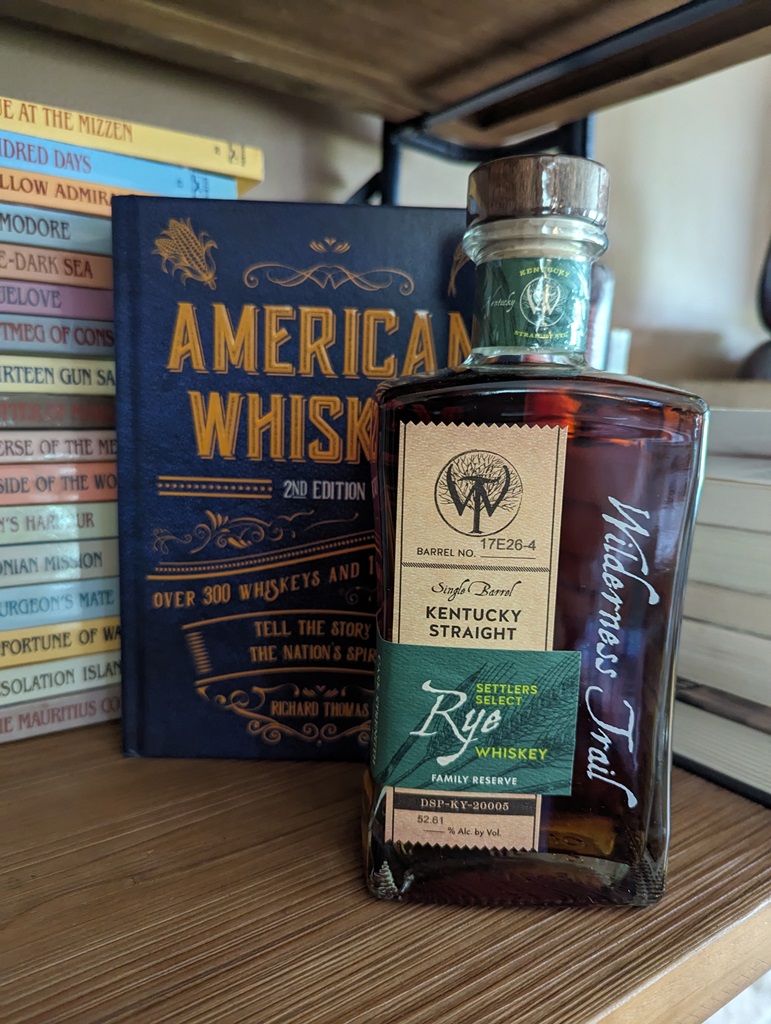Brexit and Scotch
What A Post-EU Future Holds For The Scotch Whisky Industry
By Richard Thomas
Britain’s Scotch industry campaigned hard against Brexit, warning of dire consequences if the referendum vote went against remaining in the EU. Despite this and other strong warnings against an EU departure, the June 2016 vote was a clear victory for Brexit, and Britain’s new Prime Minister, Teresa May, isn’t looking for a way to back away from that mandate. Britain, it seems, really will leave the EU.
Now that six months has passed and some of the misinformation from the referendum has settled, it’s a good time to look at what the near future might hold for the Scotch whisky industry in a post-EU world.
This question is more important to the future of Britain as it might seem, because Scotch is a big chunk of the British economy, especially it’s export economy. According to the Scotch Whisky Association (SWA), “Continuity of trading relations is important to us since Scotch Whisky is the single biggest net contributor to the UK’s balance of trade in goods.”
Scotch Is An Export Business
Scotch whisky is an overwhelmingly export-driven industry, with more than 90% of all the whisky made sold outside the UK. A third of that total, some £1.2 billion, goes to other EU countries. France is the second biggest buyer of Scotch in the world, after the United States. Spain is the fifth and Germany the sixth.
The good news is that this substantial European trade should remain unaffected, as the European Union is a member of the World Trade Organization (WTO), as is Britain in its own right. The current EU tariff is 0%, and under WTO rules that won’t change. If Brussels decided to slap a duty on imported Scotch, it would become a trade case and (eventually) Brussels would lose.

(Credit: Pernod-Ricard)
Tariffs aren’t everything in trade, however. In the 1980s, the Japanese infamously used regulatory and standards hurdles to block U.S. agricultural imports. If Brussels, or even individual EU member states, were so inclined, they could do the same thing to Scotch and other British imports. This would, however, assume an atmosphere of genuine hostility or protectionism that does not, at present, exist.
Instead, it is elsewhere in the world that the Scotch industry stands to lose. The EU has assumed the responsibility of negotiating free trade agreements on behalf of Britain since the 1970s, and once Britain withdraws from the EU, they lose that access until new agreements are made one by one. Two of those EU-tied markets are Top 10 Scotch whisky importers, South Korea and South Africa.
The Scotch industry also stands to lose EU clout in terms of protecting its turf. Scotch is a Geographic Indicator (GI) under European law, a status that helps to protect it against phonies and trademark infringement. After Brexit is enacted, the SWA won’t have Brussels working its corner in these disputes anymore, which will pose a serious challenge for the industry as it tries to compete in markets like India and China.
The Indian Upside?
Interestingly, some see a silver lining for the Scotch industry in spite of post-Brexit trade woes, namely that it may clear the way for cutting a separate trade deal with the biggest prize of all: India. The country and it’s over 1 billion population are the world’s largest consumer of whisky by volume (if you include ersatz Indian whisky blends), and as incomes in the country rise, it has the potential to become a major importer for Scotch whisky.
SWA chief David Frost told The Press and Journal, “Brexit poses challenges and uncertainty but also brings opportunities if the UK can secure favorable bilateral trade deals with key export markets. India, for example, is a growing market for Scotch but we are being held back by a 150 per cent import tariff. EU talks with India have proved challenging for a decade now and we hope the UK will now take a fresh approach to securing an ambitious trade agreement.”
Prime Minister May was in India last month, laying the groundwork for a future trade deal, and odds are improved by the historic ties between Britain and the crown jewel of its former empire. However, India has a strongly protectionist economy, and since it is doing well that way, the country has little incentive to make substantial changes. Moreover, the Brexit vote was first and foremost anti-immigration, and India is adamant that any trade deal would necessarily be connected to an immigration deal.
The Near Future
The Scotch whisky industry faces serious trade challenges in the latter half of this decade. Although roughly half of its top export markets are very likely secure in a post-EU world via the WTO, the industry is certain to experience a severe jolt as British trade travels the bumpy road of replacing EU trade agreements with bilateral treaties. Making matters worse is that the UK, after relying on Brussels for 40 years, has a serious insufficiency in trade staffing.
For the last few years, Diageo-owned Johnnie Walker has been looking over it’s shoulder as Brown-Forman’s Jack Daniel’s has been catching up to challenge it’s status as the world’s top selling whisky. I wouldn’t be surprised if the loss of free trade access in a few keys markets weren’t enough to knock Walker from the throne, and install Daniel in his place.


